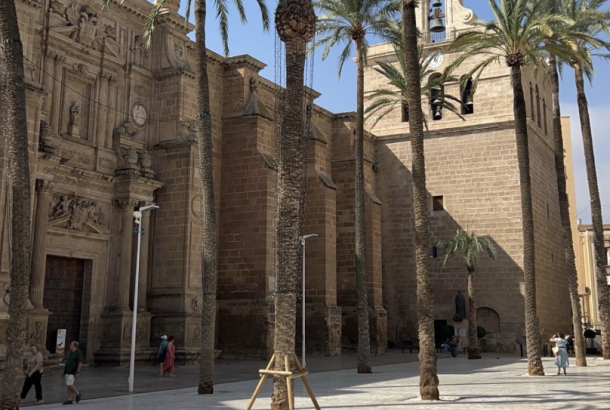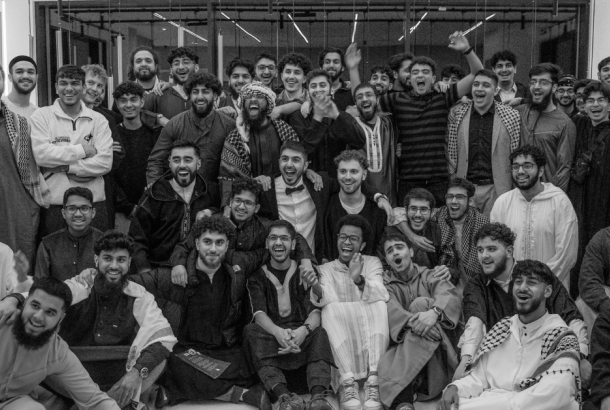Climate Justice Fortnight: the UK class system and climate justice

The Students’ Union’s Climate Justice Fortnight kicked off last week with an insightful workshop on the UK class system and how it relates to climate justice. Students joined together with people of all ages to discuss how we can think about climate movements in a way that considers the complexities of class relations.
Climate Justice Fortnight is an initiative set up by the Students’ Union to promote conversations surrounding aspects of the climate emergency that are less common, such as issues on gender, decolonisation, internationalism and much more.
Over the two weeks, students can get involved in a variety of talks offering alternative perspectives on climate issues, and interactive workshops such as tree planting, Shakespearean Gardening, and Non-Violent Direct Action Training.
The workshop on the UK Class System gave everyone an opportunity to discuss their own class backgrounds, sharing commonalities and differences and then coming together to assess the class aspects of the climate movement.
Questions like ‘Is the UK climate movement classist?’ inspired a lot of healthy, and at times heated, debate as members of groups such as Extinction Rebellion weighed in on their experiences with the movement. Topics like the glamourisation of arrests got the room going, as hands flew up from every side of the room ready to weigh in.
There was a real sense of diversity in the room, with a good representation of all kinds of people, especially across lines of age. Class is a topic very ingrained into UK society, especially amongst older populations, so having a range of experiences in the group helped shed some real light on how climate movements can adjust their approach to appeal to as wide a range of people as a whole.
Speaking about the event, Lizzy Haughton, Activities and Development Officer who has overseen the creation of Climate Justice Fortnight, said “The West are very late” in reconciling ideas of class and capitalism with climate justice.
“The capitalist system we live in has perpetuated class injustices, and the oppressed have been fighting against it for longer than the idea of an ‘environmental movement’. In fact, the environmental movement is just a different shade of this same movement against the exploitative, toxic system, of which climate change is just a symptom.
“The question isn’t about issues of class being a fundamental part of this movement, but rather that we need to recognise that this is, and always has been, a movement led by those on the front line.”
Lizzy wanted to set up Climate Justice Fortnight to change the way we think about tackling the climate crisis. “It is about educating people about the root causes of this climate crisis (e.g. colonialism) and the humanitarian crisis that we face because of climate breakdown – this isn’t about ice caps melting and polar bears dying, it’s about life and land being stripped away unnecessarily in the name of profit.”
If you want a better insight into aspects of the climate movement you might not have considered before, check out this week’s Climate Justice Fortnight events. The full programme can be found on Facebook, and there’s lots happening every day!







